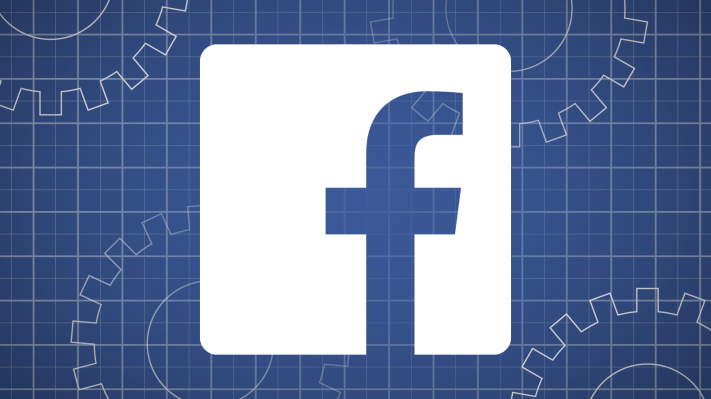Editor’s note: Ben Schippers is the co-founder of HappyFunCorp where he spends his days building impactful software for the larger mobile and web ecosystems.
At the recent F8 conference, listening to Mark Zuckerberg announce that Facebook Messenger was going to open up as another developer platform, as Facebook did back in 2007, brought me back to a different time. Facebook was different then. You could invite large masses of your friends to play all sorts of games and through the platform, build a new breed of application. Facebook Platform in 2007 was very much the Wild West. It was a fun time to explore the social graph and build.
It was the first time a big company, albeit with a few hiccups, successfully opened their API, providing a new type of distribution, game playing and sharing among friends. For those of us who were involved in development during those early days, the prospect of recreating some of that through the new Messenger Platform was exciting.
But things are a bit different this time; much has changed and it’s not all bad. Facebook in 2007 just moved at a different pace. What was available in their conference release for Platform, will probably take at least a few releases for Messenger Platform to catch up in terms of what can be built. Facebook in 2015 is more mature, publicly traded and, thus, more careful with their releases. While potentially frustrating for hungry developers who want to build, it’s a necessity.
In the earlier days with Platform, it was clear that the system was too open. Developers were able to spam, build inappropriate apps with users’ data and generally provide users with impersonal shallow experiences with their friends. Over time, Facebook very much caught on and slowly but effectively took back control.
While it was fun to invite hundreds of your ‘friends’ to play on your farm or help with your mafia, it always felt that the very nature of many of those gaming experiences was simply to push as much content out onto friends Newsfeeds, as opposed to creating a deeper online connection with your friends.
Through those experiences, it’s clear with the Messenger Platform rollout that the mission is different; have developers build great products and experiences that are more directly oriented to their friends. The very nature of the documentation for Messenger suggests building experiences that are focused, explicit and structurally sound, something that wasn’t quite there in 2007.
Just as Facebook has matured since Platform, so has the way in which developers develop. Messenger Platform’s almost-out-of-the-box integration with Parse, Facebook Connect and its larger deep-linking ability makes it the new platform of choice for a whole new line of creative applications.
In the recent earnings call, Zuckerberg reports more than 600 million users which represents 10 percent of all VoIP, making Messenger a seriously viable choice for strategic distribution, much the way Platform did in 2007.
In its current iteration, Messenger Platform lends itself well to turn-style games and tailored media distribution, Giphy, HappyAlchemy and Apptly — something other platforms have struggled with. In many ways, developers are forced to think simpler, which compels you to create a less spammy and more intimate experience with a single friend or group of friends.
As Facebook continues to create deep integration into its growing developer tool set, and deepens strategic cross-platform integration, Facebook becomes the longterm winner for developers.
The Messenger rollout, while more focused and controlled, is just the start. The 2007 release of Facebook Platform was bigger but the new style of development taking place will soon be much more impactful.
